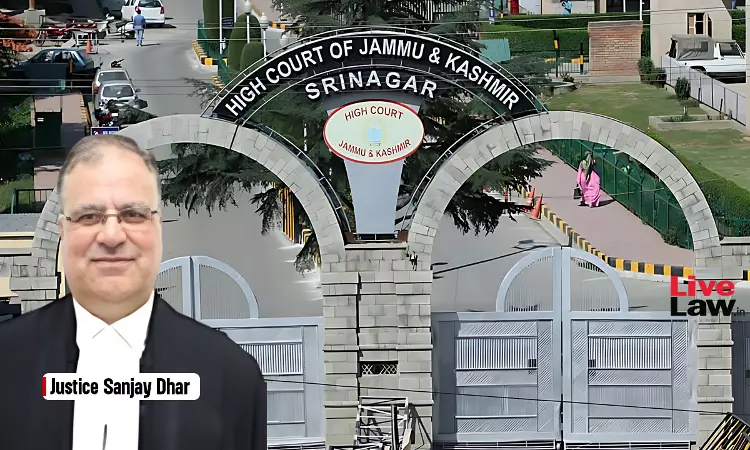Notaries Empowered To Attest Affidavits For Writ Proceedings Before High Court: Jammu & Kashmir HC
Basit Amin Makhdoomi
4 Aug 2023 3:31 PM IST

Next Story
4 Aug 2023 3:31 PM IST
The Jammu & Kashmir High Court on Wednesday upheld the validity of affidavits attested by Notaries appointed under the Notaries Act 1952 for use in writ proceedings before the High Court.Single bench of Justice Sanjay Dhar rejected the preliminary objection raised by private respondents, arguing that affidavit accompanying a writ petition has to be attested by the Oath Commissioner only....
